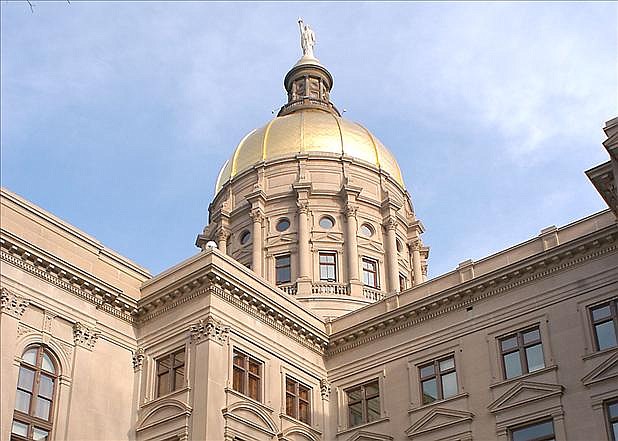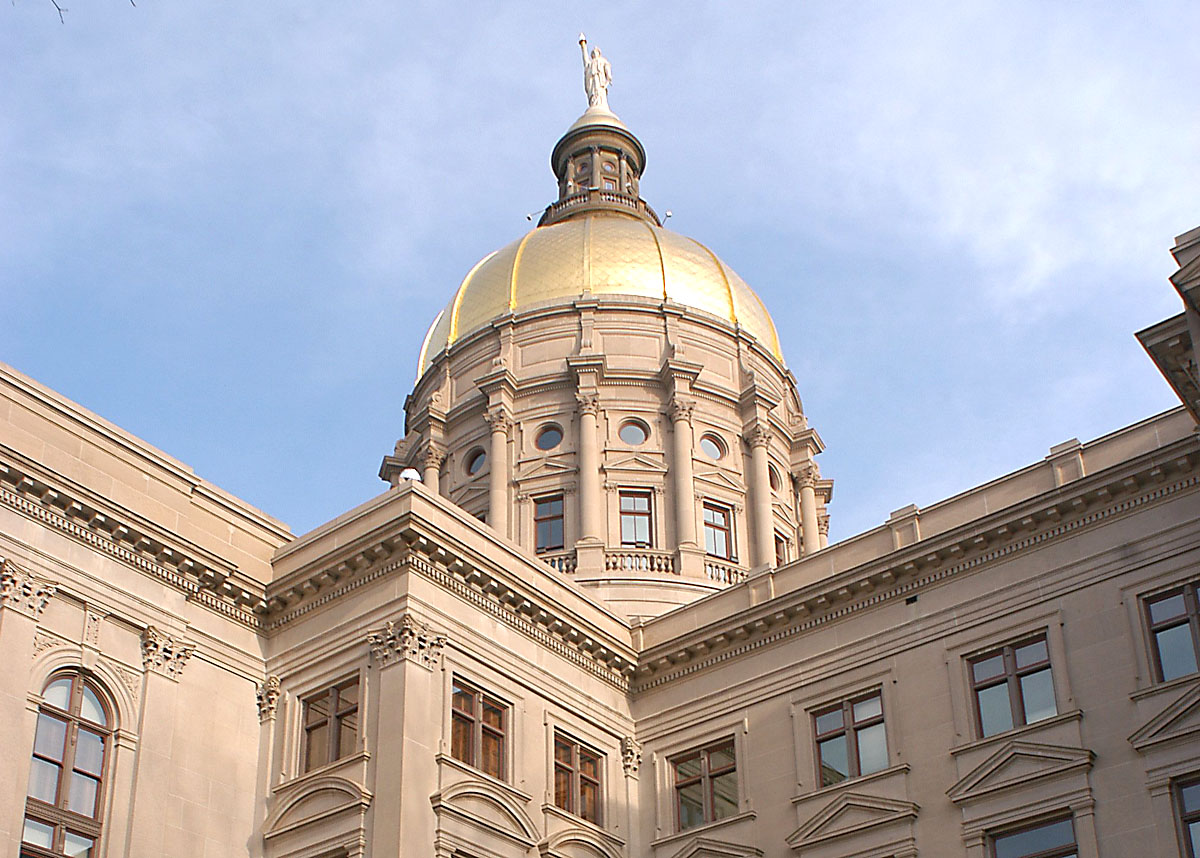DORIE TURNER, AP Education Writer
TUCKER, Ga. - Georgia is considering throwing out a law requiring 65 percent of education funding be spent in public school classrooms, part of an effort to overhaul how the state funds K-12 education.
A state commission voted Wednesday to draw up legislation repealing the unpopular rule, which critics say hasn't improved student achievement and hamstrings cash-strapped schools. The move is part of an overall push to give the state's 180 school districts more flexibility in how they spend state funding, which has seen massive cuts in the past few years.
Georgia lawmakers passed the so-called 65 percent solution in 2006 during a national push to make sure schools were spending taxpayer dollars in the classroom - not the principal's office - to help boost student performance. Georgia and Texas were the only states to formally adopt the rule last decade. It has since been overturned by state lawmakers in Texas.
"It certainly sounded like a very good idea, but it turned out based upon statistical data, it doesn't have relevance to academic performance," said state Senate education committee chairman Fran Millar, a Republican from Atlanta who sponsored the legislation creating the 65 percent law. "At the end of the day, academically, it didn't make any sense."
The law also didn't apply to school libraries or counselors, which meant that those resources were cut first when districts had to reduce spending.
Forsyth County schools superintendent L.C. "Buster" Evans said districts need relief from state mandates like the 65 percent rule after the worst economy in recent history meant losing millions in state and local funding.
"This is the only way we have left for making our budgets balanced without raising millage rates," said Evans, a member of the state commission.
The education finance commission - composed of state lawmakers, teachers, school administrators and business leaders - began meeting in June 2011 after state lawmakers passed a bill calling for the state to study education funding. It is tasked with updating the state's education laws, known as Title 20, and rewriting the formula used to determine how much money school districts receive from the state.
Title 20 and the funding formula haven't been revised in more than 20 years.
Other measures the commission is considering include revising a law prohibiting the use of personal electronic devices by students in the classroom, an outdated law that was written long before laptops and computer notebooks were ubiquitous in schools.
"Basically, it's against the law to have an iPad in the classroom," said James Touchton, an analyst in the state Senate Research Office.
Another proposal would increase how much money the state spends on school transportation from $130 million to $150 million. That money would pay for school bus drivers' salaries, drug testing, liability insurance and some operational costs.
The commission also wants to repeal a law requiring the state school board to approve any expense over $100 made by local districts, something the state board hasn't ever enforced, and to move the data collection for home-schooled students from local districts to the state to help save money for schools.
Final recommendations are due by September.

